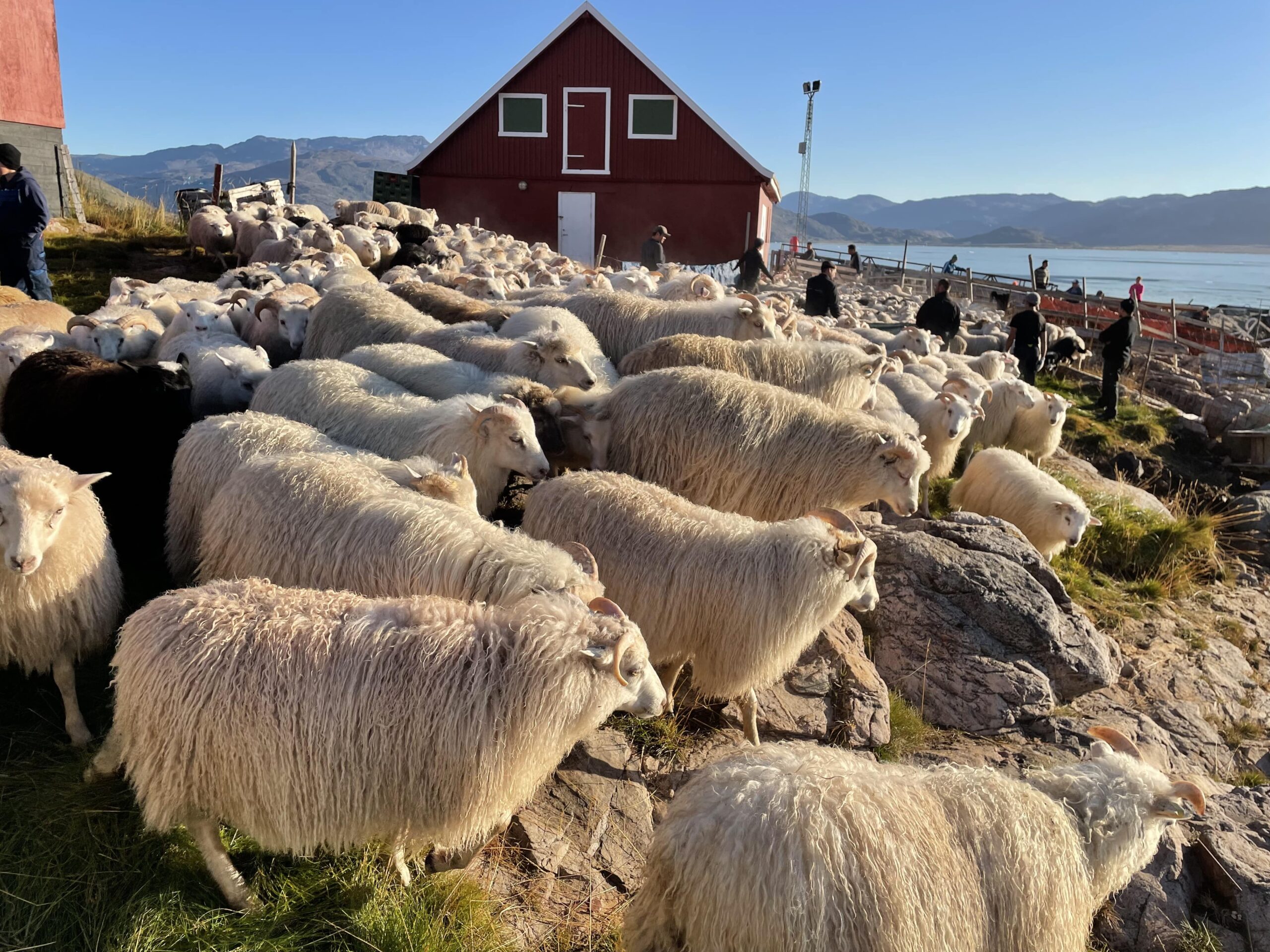To see the winners of the 2023 photo contest 'Life in the fjords of Narsaq and Igaliku' follow this link.
Fjords are at the heart of multiple imaginations and representations, and they intermingle composite Indigenous and non-Indigenous, local, tourist and scientific cultural realities, inviting us to question the contemporary ways of dwelling of these changing socio-ecosystems. What links have the inhabitants forged with this fjord environment? How are these links evolving in the face of multiple socio-economic, political and environmental changes such as climate change, tourism development, mining as well as the exponential development of scientific research that is being carried out there?
The research objectives are:
(1) Analyze diverse stakeholders' socio-cultural perceptions of the fjord environment and how they evolved. We will identify both human and non-human stakeholders/elements of the fjord ecosystems, their roles and the ways in which relationships are portrayed in the social construction of the fjord socio-ecosystem.
(2) Analysis of the contemporary use practices of the Greenlanders about the fjord ecosystem and how they evolve with climate change and other socio-political changes [Rink et Reimer, 2020]. Emphasis will be put on investigating the people-place interlinkages by looking at contemporary views of young people, adults and Greenlandic elders on their surrounding landscapes.
The methodology is based on different steps that will be carried out in collaboration with the local communities.
Capturing the intertwining of perceptions, practices, meanings and ways of being with the fjord ecosystem calls for a renewal of research protocols to overcome some cultural barriers that Inuit people could have with western research. Therefore, we will employ community workshops, audio-visual methods, such as photovoice and video-workshop, in order to reveal local representations. The photovoice approach will use a photo contest. Local inhabitants will be invited to submit a commented self-taken picture. Based on this photographic collection, a workshop will be organized with the participants to further analyze their photos, allowing for more in-depth interviews on the territorialities associated with the fjord ecosystem. Then, we will select participants to conduct commented itineraries into the fjord in order to gain in-depth experience of the fjord ecosystem. The picture collection will be supplemented with video workshops. The aim of these workshops is to invite youth to collectively create a short film on the topic of the fjord. The proposed work on the representations, narratives, uses and practices of the inhabitants aims to contribute to the visual and narrative sovereignty of Greenlanders.
Cluster Project Investigator
Prof. Dr. Laine Chanteloup, Assistant Professor of Environmental Cultural Geography, Université de Lausanne
Cluster Participants
Aurélie Hendrick, Université de Lausanne
Maude Rochat, Université de Neuchatel
Prof. Dr. Fabienne Joliet, professor in cultural geography at Institut Agro-campus (Angers- UMR CNRS ESO), co-director of the OHMi Nunavik (France)
Prof. Dr. Thora Herrmann, Professor in Socio-Environmental Sustainability, Biodiverse Anthropocenes profiling programme, Faculty of Humanities, University of Oulu, Finland
